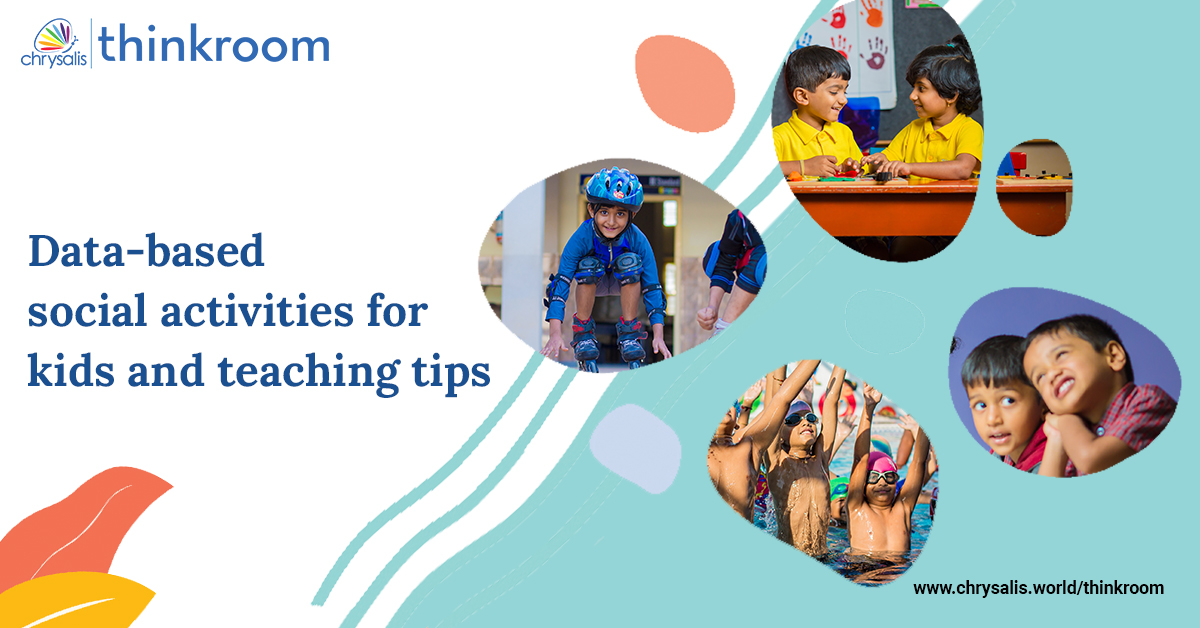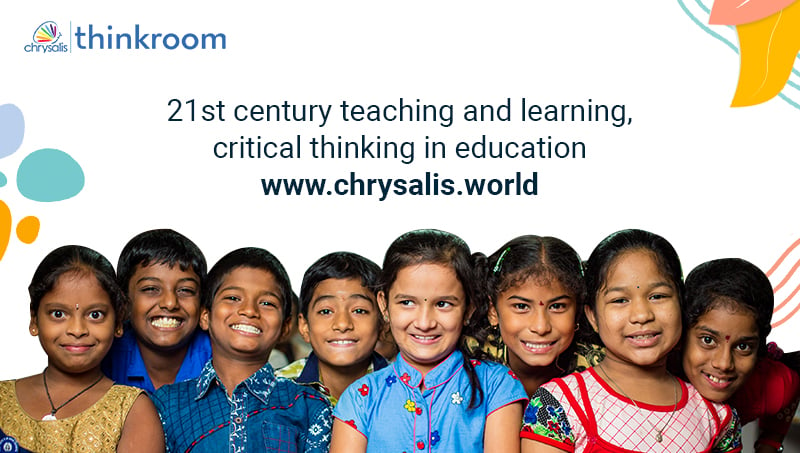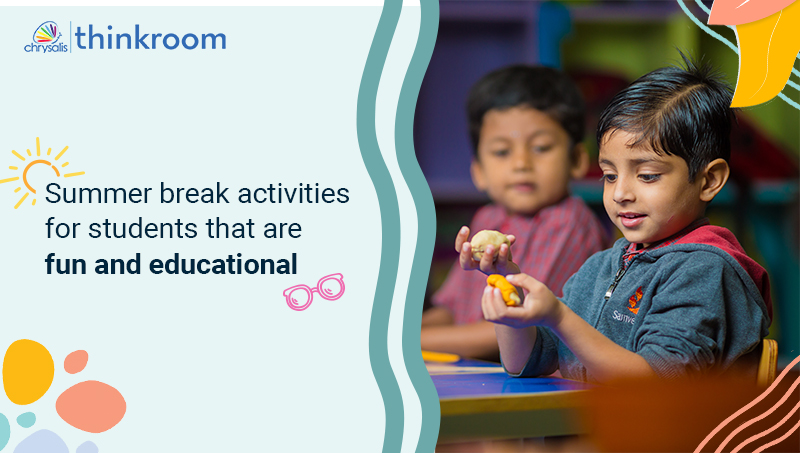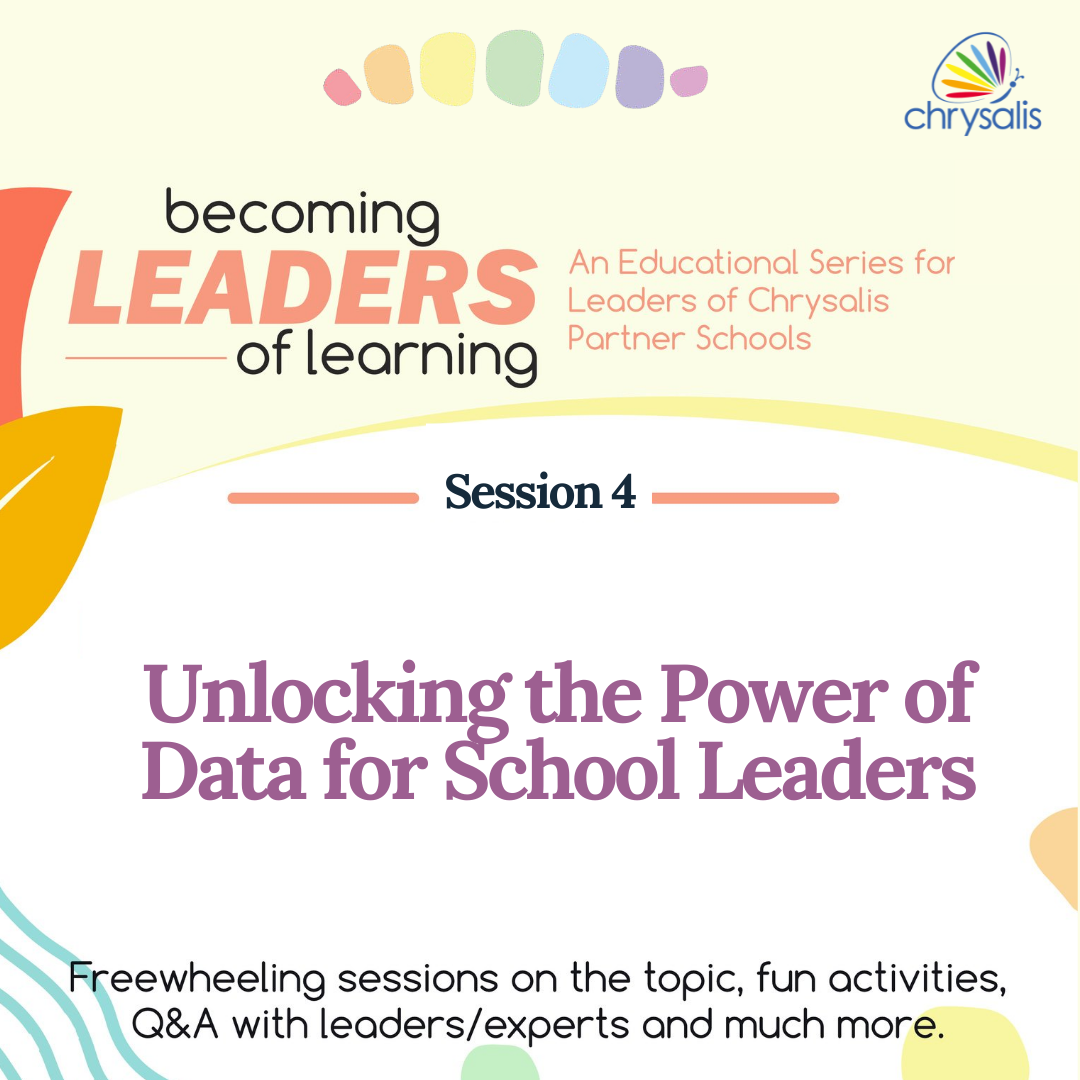It would not be an understatement that social skills impact almost every aspect of kids’ lives. Educators and teachers have a very important role in equipping children with social skills that they’ll need later in life. Here are some data-based data-based social activities that can help educators and teachers build social skills:
- Turn-taking games: Patience is an important skill for kids as it helps them focus on what the other person is saying. However, waiting patiently can be hard for kindergarteners. To teach them patience, teachers can introduce turn-taking games such as board games, passing the ball and shooting hoops to the learning schedule.
- Cooperative games: Another way of inculcating social skills in children is by encouraging them to work together. When children work in a team, they communicate, negotiate and coordinate with each other. Tower building, board games and musical games are some of the games that teachers can introduce the kids to.
- Name games: Many children may not understand that by taking the other person’s name they can easily get their attention. Teachers can look for fun name games that will create a bonding experience among children.
>> For instance, ask the kids to stand in a circle. Each kid can introduce himself/herself and tell about his or her hobbies. Other kids will have to repeat that. Even better if the kids can add what they know about their classmates as well.
>> Another simple game that a teacher can get kids to play is pass the ball. Make children sit in a circle and ask a child to choose another person in the circle and call out his or her name. Then the child rolls the ball to the named child. - Trivia activities: Trivia games are fabulous as they are fun and they boost children’s knowledge. But that is not the only benefit. Trivia games when played in groups and pairs encourage children to pay attention, not interrupt and respond to the questions asked. In such games, teachers should encourage children to let the question finish without interrupting. Such games get children really practising good listening skills and wait for others to finish first.
- Recognising emotions games: A very important part of social skills is the ability to understand other people’s emotions. Here's how children can be taught to recognise emotions and respond accordingly:
>> Teachers can print out smiley faces, sad faces, angry faces, laughing faces on sheets and ask children to identify the different emotions. Teachers can also ask children how they like to respond to each emotion should their friend be experiencing such an emotion.
>> Playing emotional charades with children is a good idea to show which feelings are portrayed how. One child will act out a certain emotion, and the other players must guess which feeling is being shown.
Adopt blended learning methods to teach important skills to students
For teachers and educators, building social skills in children doesn’t have to be a one-off activity. The curriculum of our Thinkroom programme, which adopts a unique blended learning approach, is designed to help teachers and educators encourage students to not just explore their maximum potential but also develop skills that are necessary in the 21st century. Our child-centred approach, research-based pedagogy, and activity-based learning helps students develop:
- Critical thinking skills
- Problem solving skills
- Analytical skills
- Communication skills
- Social skills
- Creativity
- Collaboration




